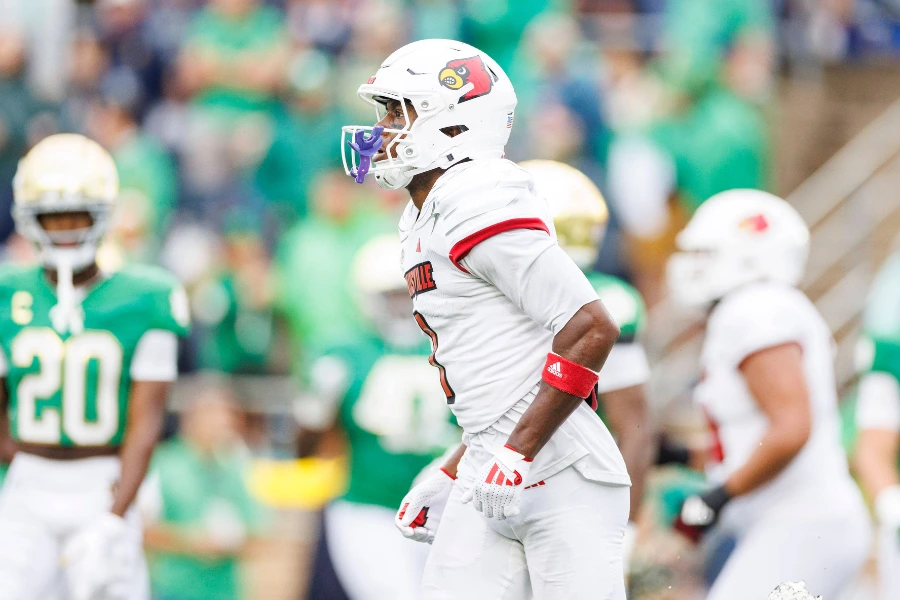After 12 months of regulated sports betting, the Kentucky Horse Racing Commission (KHRC) reported a staggering $2.39 billion in total wagers, leading to $272 million in adjusted gross revenue and over $37 million in tax dollars for the state.
These numbers represent a 60% increase over early forecasts, highlighting the swift and enthusiastic adoption of sports wagering across the Bluegrass State.
What makes Kentucky’s sports betting success particularly impressive is the lack of professional sports franchises within the state. In many markets, local teams drive significant betting activity, but Kentucky has managed to thrive largely through its passionate college sports fanbase.
The University of Kentucky and the University of Louisville are two powerhouse programs, particularly in basketball, and have massive followings. It’s no surprise that these loyal fanbases have helped fuel the state’s sports betting boom.
Performances by Sportsbooks
In the online sports betting sector, FanDuel KY and DraftKings KY led the way, but FanDuel emerged as the leader in terms of adjusted gross revenue. FanDuel generated $105.9 million from $817 million in bets, edging out DraftKings, which earned $100.9 million off a larger handle of $895 million.
The two sportsbooks combined accounted for the bulk of the market, but other operators also made their mark. Notably, bet365 outperformed established competitors like BetMGM and Caesars, securing $13.5 million from $157 million in wagers.
BetMGM followed with $18.9 million in revenue from a $143 million handle, showing solid performance but falling behind FanDuel and DraftKings.
The retail sports betting market, though much smaller, contributed $87 million in total handle, with Churchill Downs and partner Kambi leading the way with $2.5 million in revenue. Turfway Park placed second with $920,878, illustrating that while the retail segment is still growing, it plays a notable role in the broader sports betting landscape.
One of the most important metrics for operators is the hold percentage, which measures the amount sportsbooks keep as gross profit after paying out winning bets.
Kentucky sportsbooks enjoyed a robust 9.28% hold overall, with mobile wagering achieving an even stronger hold of 11.5%. This indicates that sportsbooks were highly profitable in the state’s first year, even as betting volume surged.
Potential Regulatory Changes and Future Outlook
With Kentucky’s sports betting market proving so successful, there’s already speculation about what the future might hold for the state. One avenue to increase tax revenue could involve pushing offshore sportsbooks like Bovada out of the market. The KHRC could follow the lead of other states by sending cease-and-desist letters to these operators, encouraging bettors to use legal, regulated platforms.
Additionally, Kentucky could consider raising tax rates on sportsbook operators, a practice that has been adopted by other states. While sportsbooks tend to push back against such measures, Kentucky lawmakers might find this approach appealing given the impressive revenues generated in the first year.
However, increasing taxes too quickly could also lead to resistance from the industry, potentially slowing growth.
Overall, Kentucky’s sports betting market has been a resounding success in its first year, especially compared to other states. For instance, Louisiana, which has a similar population, generated $188.3 million in revenue during its first year, significantly lower than Kentucky’s $272 million.
Kentucky’s robust start sets a strong foundation for the future of legal sports betting in the state, with even greater growth likely in the years ahead.




